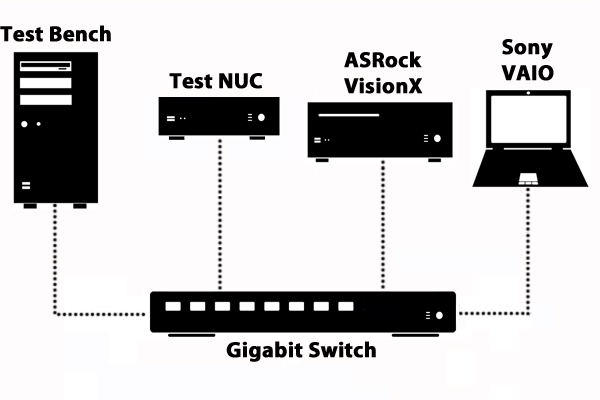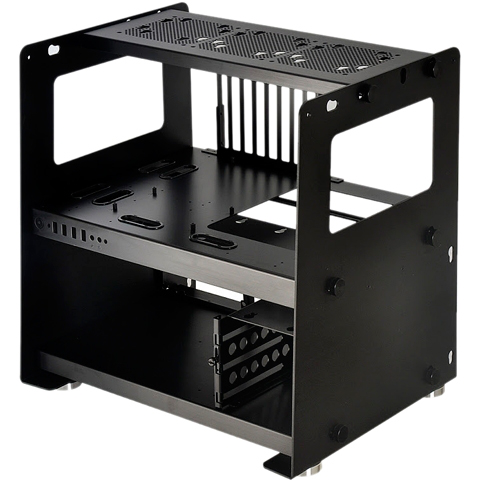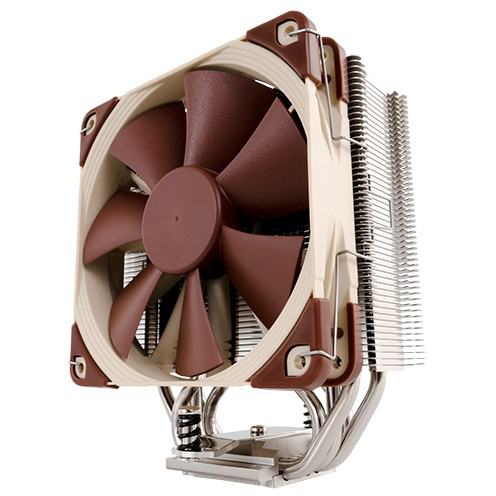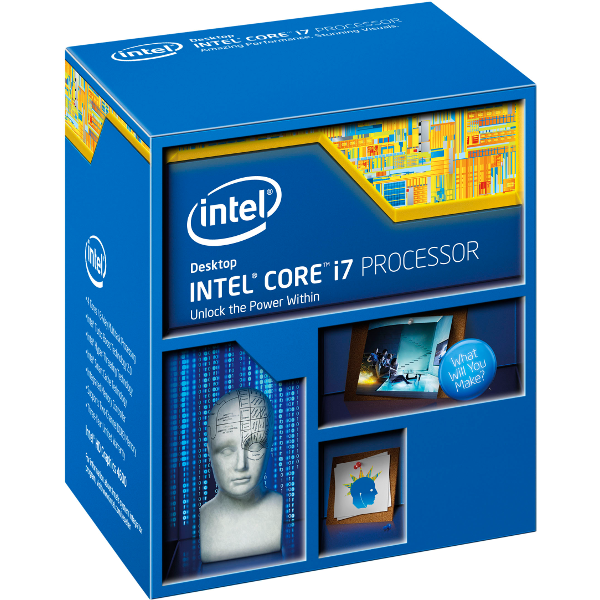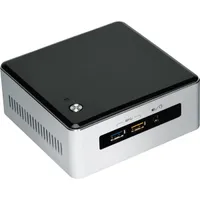How We Test Network Switches
Test System Specifications
We use four systems for our network switch testing:
Test Bench: Tom's Hardware Reference System
Test NUC: Intel NUC5i7RYH
Test Server: ASRock Vision X 471D
Test Laptop: Sony VAIO SVS13112FXS
MORE: All Networking ContentMORE: Network Switch 101
Get Tom's Hardware's best news and in-depth reviews, straight to your inbox.
Current page: Test System Specifications
Prev Page Introduction Next Page Testing Suite And MethodologyTom's Hardware is the leading destination for hardcore computer enthusiasts. We cover everything from processors to 3D printers, single-board computers, SSDs and high-end gaming rigs, empowering readers to make the most of the tech they love, keep up on the latest developments and buy the right gear. Our staff has more than 100 years of combined experience covering news, solving tech problems and reviewing components and systems.
-
zodiacfml Nice but can we get something interesting or controversial when reviewing network switches? Increase the difficulty. Challenge yourselves; review various Wi-Fi routers especially the MU-MIMO capable.Reply -
Rancifer7 I like it, can't wait to see this put to good use on some network switches with mixed wireless too.Reply -
blackmagnum While you're busy with this, please consider testing the different brands of lan cables as well. I've heard that the monster cables are the market benchmark.Reply -
jacklongley Reply17199397 said:quick question what testing software is it?
It's IxChariot by Ixia (formerly by NetIQ). Frankly, not the best of testing solutions, but beggars can't be choosers. -
jacklongley Reply17200787 said:While you're busy with this, please consider testing the different brands of lan cables as well. I've heard that the monster cables are the market benchmark.
None of the tests presented will demostrate a difference with network cabling, insomuch as any cabling certified at Cat5E or above will allow the devices to operate at 1Gbps (or lower, for those devices using FastE instead).
Cabling benchmarks are more around the available transmission headroom, i.e. which Ethernet standard will it support. You can already ascertain these from the category of cabling, e.g. Cat7 vs. Cat5. -
jacklongley Personally, I'm not impressed with the lackluster approach to testing that Tom's Hardware demonstrates for network devices. These types of tests should follow the testing methodologies laid out years ago in RFC2544. In fact, IxChariot should already have RFC2544 options available by default.Reply
Perhaps Tom's should leave network testing and articles to the big boys. -
VTOLfreak I'm more upset about the hardware they are using than the software. You'd expect someone running network tests to at least bring server class network cards to the table. What are you testing here guys? The switch in question or your crappy network cards?Reply -
irongnome I have a few metrics that I would be very interested in seeing measured.Reply
A. Does the switch have adequate buffers/properly implemented flow control. This comes in to play when you mix FastEthernet and Gigabit on the same network.
B. Full Line Rate and Latency Test using a snake topology. Eg. Ports 1 and 2 on VLAN 1, Ports 3 and 4 on VLAN 2, Ports 5 and 6 on VLAN 3, etc. With a patch cable bridge 2 and 3, 4 and 5, etc. Connect the test machines to the first and last port. This will load the switch to its absolute capacity while only requiring two endpoints.
C. Power consumption. -
DrakeFS ReplyWhile you're busy with this, please consider testing the different brands of lan cables as well. I've heard that the monster cables are the market benchmark.
I truly hope you are being sarcastic, as networking is a digital signal. As a previous poster stated, if the cable is rated at 5e or above, it will serve up to 1Gbs of bandwidth. 6 and 6a will serve up to 10Gbs of bandwidth. The only thing that a Monster cable may have better than your average 5e ethernet cable, is that they may be terminated within tighter specifications. Still, this will not affect most consumers as the bottle neck will be your ISP speeds(unless you are one of the lucky ones with >= 1Gbs service). If you need to do a lot of cabling (or some really long cables), I suggest purchasing a 1000ft roll of 5e or 6a, some RJ45 terminators and a crimping tool. You will save $$$ in the end.
